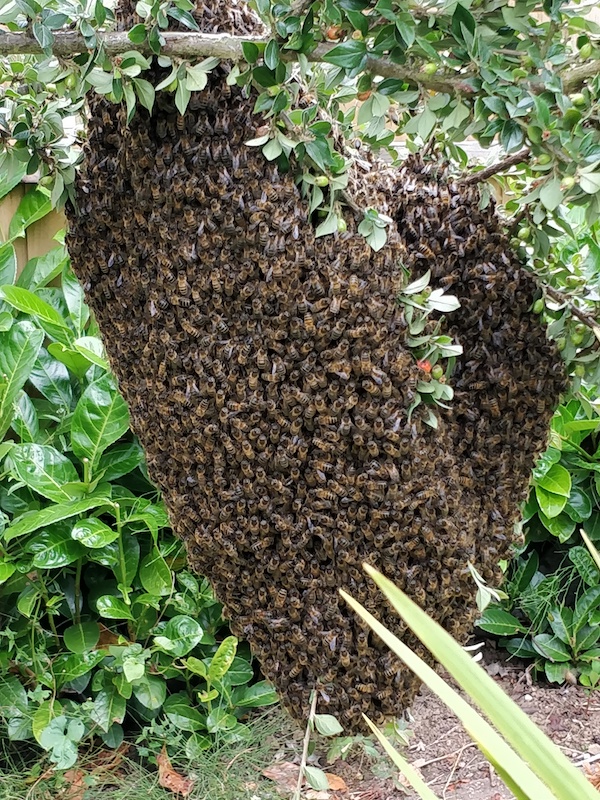We’re pleased to announce that we have launched a brand new product in our ‘For your home’ range: Reusable Beeswax Snack Bags

The new snack bags have been developed following feedback and requests from customers who have bought our popular Reusable Beeswax Food Wraps and were looking for something tailor made for snacks and sandwiches.
Great for keeping all sorts of food items fresh, the new Snack Bags are designed with just one opening edge, which is simply sealed by using the heat from your hands to hold the edges closed for a short time.
Handmade in the UK, the bags are made with all natural products: 100% cotton fabric and thread, beeswax from Birmingham bees, pine resin and jojoba oil.
Both the new Beeswax Snack Bags and the Beeswax Food Wraps are a great way to reduce your use of single-use plastics, so you can do your bit for the environment whilst retaining the ability to keep foods fresh and tasty.
To reuse the bags time and again, simply wash them in a mild detergent, air dry and they are ready to go. Depending on use and care, the bags and wraps can last up to 1 year. As a natural product they are biodegradable so just pop them into your compost bin when they reach the end of their lives. How good is that!
Stocks are limited so bee quick!

